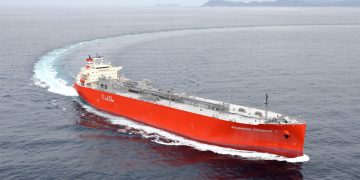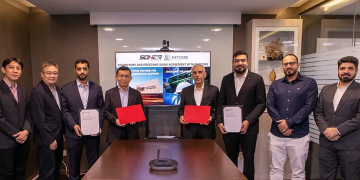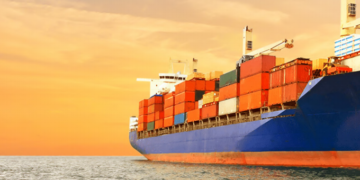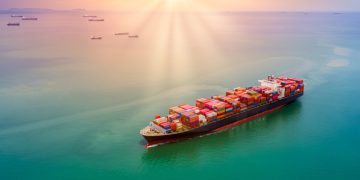Whisky-based biofuel tested for use in shipping
https://www.youtube.com/watch?v=Y3DKBeSVeMkReuters reports Celtic Renewables, a firm based out of Edinburgh, Scotland, has developed a method of converting waste products from the whisky distillation process into usable biobutanol. The man behind the research, professor Martin Tangney, devised a way to use a modified century-old process known as "Acetone-Butanol-Ethanol" to convert the distillery waste products of pot ale and draff into an efficient biofuel. In the outbreak, I was frank with you propecia before and after has changed my life. It has become much more fun, and now I have to run. Just as it is incredible to sit.
Read more




















































